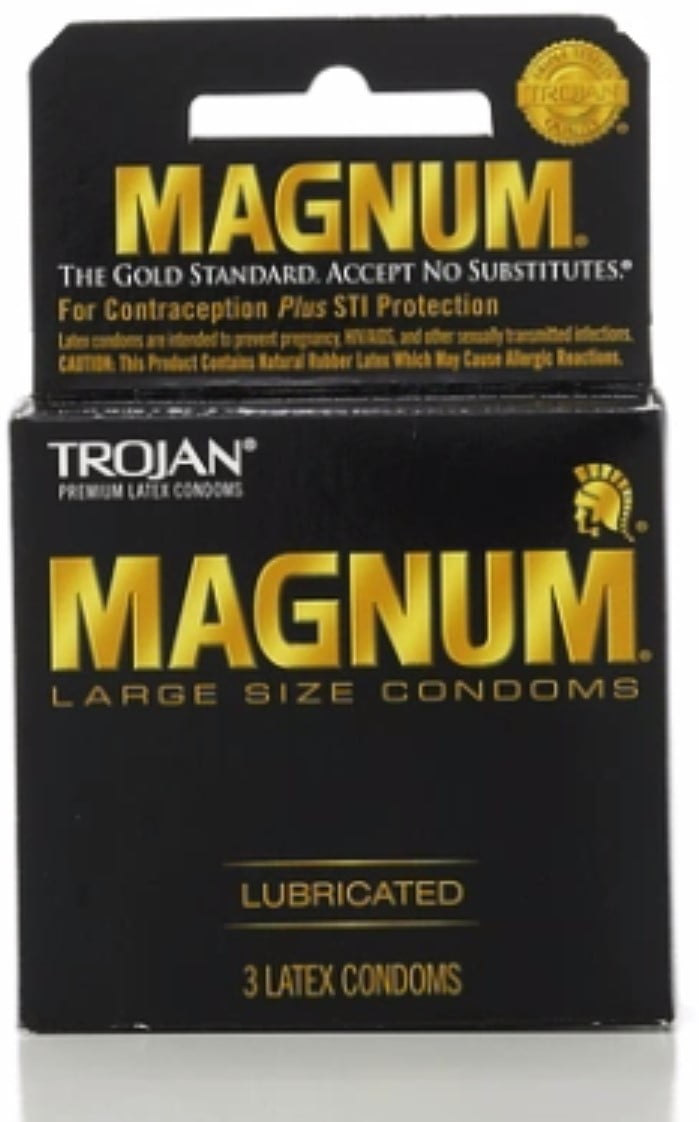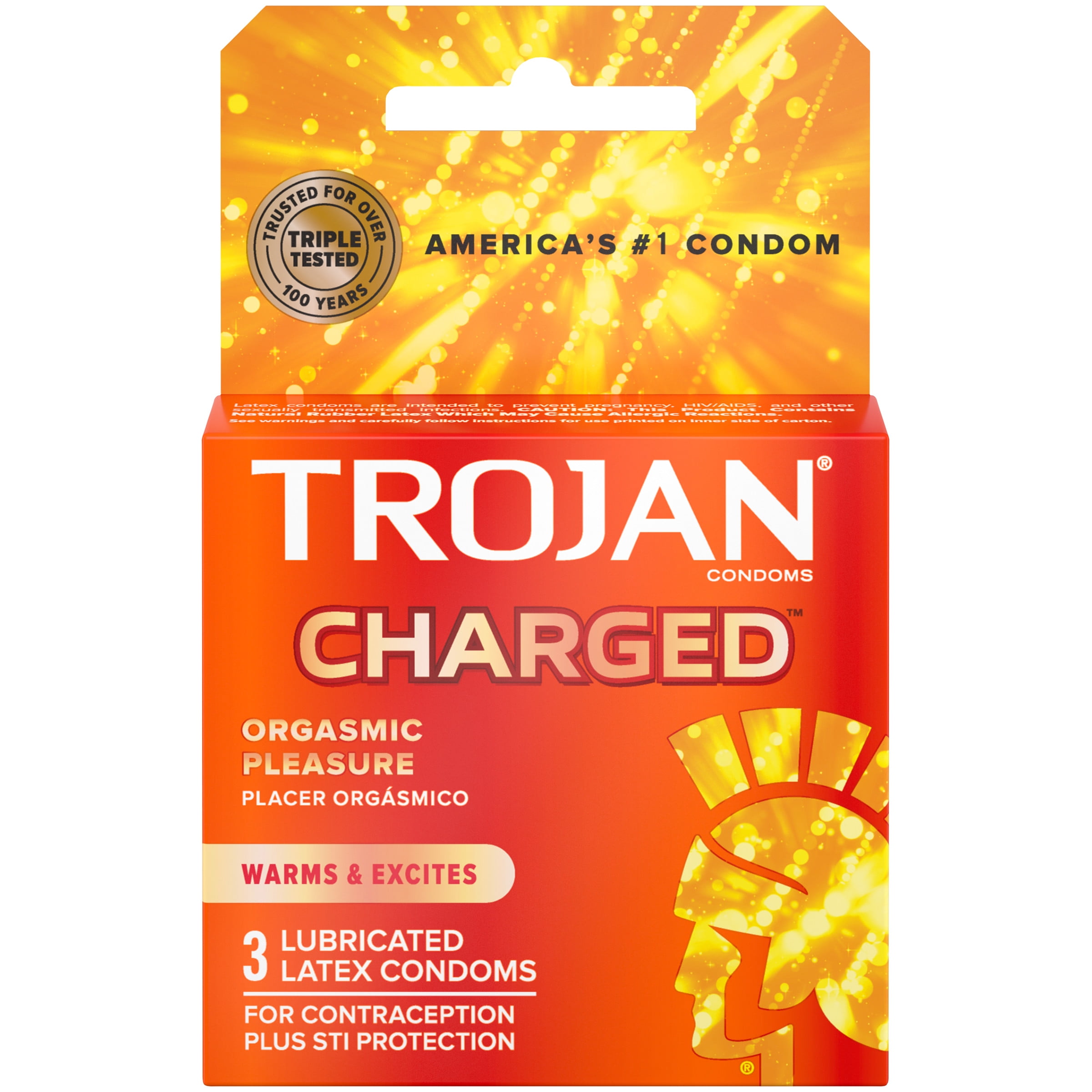

The alert will likewise contain a need for the individual to pay the ransom money. Trojan.Crypt popup alert may incorrectly claim to be acquiring from a legislation enforcement institution and will certainly report having located youngster porn or various other prohibited data on the tool. Conversely, the Trojan.Crypt popup alert might falsely declare to be originating from a law enforcement organization as well as will report having situated youngster pornography or various other illegal data on the tool.
#Trojan crypt3 software#
In nations where software program piracy is less preferred, this method is not as reliable for the cyber scams. The alert then demands the user to pay the ransom money.įaulty declarations about prohibited web content. In certain locations, the Trojans often wrongfully report having spotted some unlicensed applications made it possible for on the victim’s tool. The ransom money notes and techniques of obtaining the ransom money quantity might vary depending on certain neighborhood (regional) setups.įaulty notifies regarding unlicensed software. However, the ransom notes and techniques of extorting the ransom money amount might vary depending upon specific neighborhood (regional) settings. In numerous edges of the world, Trojan.Crypt grows by leaps and also bounds. It blocks access to the computer until the victim pays the ransom. This is the typical behavior of a virus called locker. Preventing routine access to the target’s workstation.Ciphering the files found on the victim’s hard disk drive - so the target can no more use the data.
#Trojan crypt3 code#
This is a way of hiding virus’ code from antiviruses and virus’ analysts. The malware adds the hidden attribute to every file and folder on your system, so it appears as if everything has been deleted from your hard drive.

HKEY_LOCAL_MACHINE\Software\Microsoft\Windows\CurrentVersion\RunOnce.

#Trojan crypt3 windows#
There is simple tactic using the Windows startup folder located at:Ĭ:\Users\\AppData\Roaming\Microsoft\Windows\StartMenu\Programs\Startup Shortcut links (.lnk extension) placed in this folder will cause Windows to launch the application each time logs into Windows.


 0 kommentar(er)
0 kommentar(er)
